With Virtual Reality, Dentistry Students Zoom Through 3-D Teeth
The UCSF School of Dentistry is adding virtual and augmented reality for its first-year students.

University of California San Francisco
Give to UCSFThe UCSF School of Dentistry is adding virtual and augmented reality for its first-year students.

Researchers at UCSF find wearable cardioverter defibrillators lower mortality among those who wear it as prescribed.

Nearly all studies of telomere genetics have been performed in adult populations of European or Asian ancestry, meaning that studies aiming to understand how early environmental exposures impact telomere length across different ethnic groups can’t easily assess the role of natural variations in telomere biology.

The UCSF School of Medicine announced that the U.S. Department of Health and Human Services Health Resources and Services Administration recently awarded Alicia Fernández a four-year grant to create a UCSF Latinx Center of Excellence.
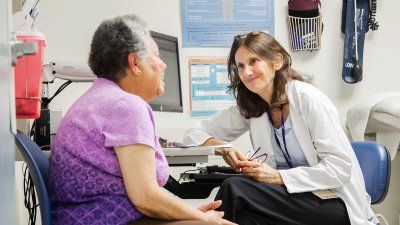
In DNA sequencing study of TD, UCSF researchers and their collaborators have unearthed new data suggesting a potential role for disruptions in cell polarity in the development of this condition.

New research suggests that phototherapy – a treatment for newborns with jaundice – could increase children’s risk of developing epilepsy.
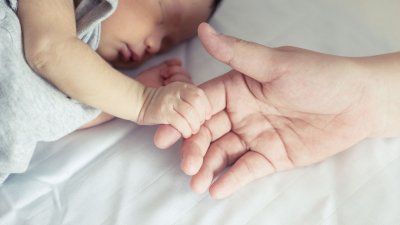
UCSF Health has named Raju Iyer as its new senior vice president and chief financial officer.
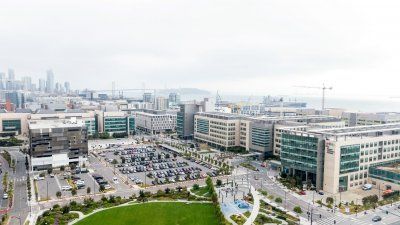
A $20 million gift from longtime UCSF donors Dagmar Dolby and her son, David, will establish the UCSF Dolby Family Center for Mood Disorders within the Department of Psychiatry.
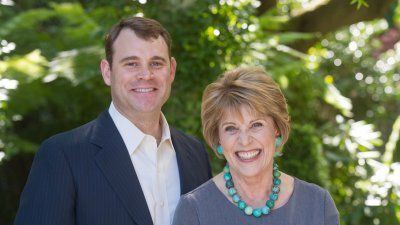
Nearly 300 hundred experts gathered at UCSF’s Mission Bay campus to discuss the global health emergency that is climate change and to call for action to protect human health and well-being.

UCSF has been awarded a five-year, $20 million grant from the U.S. Food and Drug Administration and the National Institutes of Health to study the impacts of new and emerging tobacco products.

Global and local leaders—including Ban Ki-moon, Mary Robinson and Eric Goosby, MD—gathered with community members at ZSFG to discuss universal health care in California and beyond.
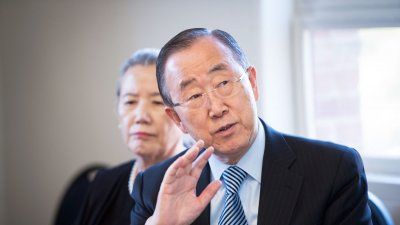
UCSF is launching the Bakar ImmunoX Initiative, an innovative research program that will promote collaborative, cutting-edge research and data sharing to catalyze discoveries about the central role of the immune system in human health and harness its power to treat a wide range of diseases.
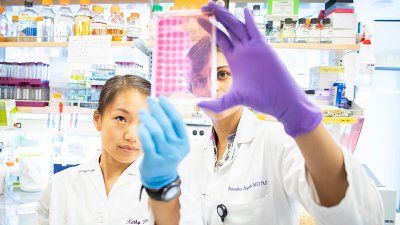
These results confirm that the HPV virus causes head and neck cancer by inactivating the same proteins that are mutated in smoking-induced cancer.

One in seven older veterans with hypertension is discharged with increased blood pressure medications, despite half of those having well-controlled blood pressure prior to their hospital stay.

He was the heart of UCSF Radiology for the 26 years of his chairmanship, from 1963 to 1989, and led the extraordinary evolution of imaging that began with the early days of CT, MRI, US, PET-CT, interventional radiology, molecular imaging and other modalities.
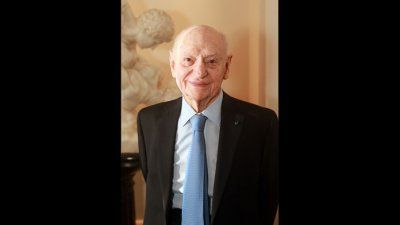
Marin General Hospital (MGH) and UCSF Health have formed a strategic alliance to expand clinical collaborations in Marin County.

A new study has identified at-risk populations for whom depression screening combined with hazardous alcohol use screening could detect depressive symptoms that might otherwise go untreated.

The new UCSF student housing complex at 590 & 600 Minnesota Street has been officially named: UCSF Housing at the Tidelands.
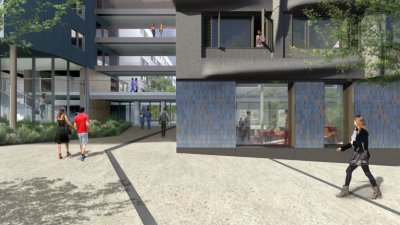
UCSF researchers have discovered how a mutation in a gene regulator called the TERT promoter confers “immortality” on tumor cells, enabling the unchecked cell division that powers their aggressive growth.

A new spinal cord injury protocol, based on research by UCSF scientists, is a mixture of revised evaluations and new treatments to personalize care. It has spurred quicker recoveries for patients.
